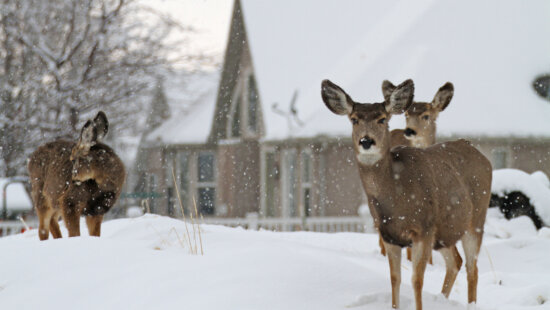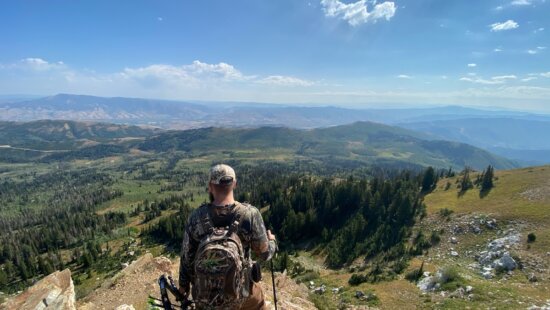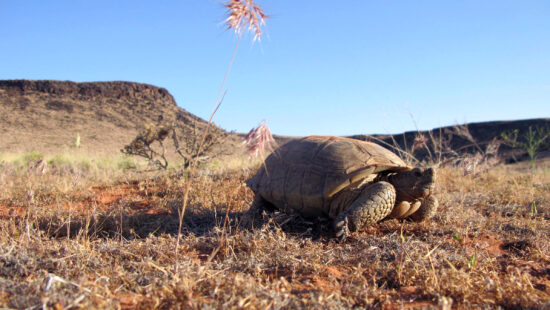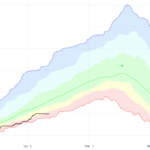Environment
New wildlife management laws to take effect this spring and summer
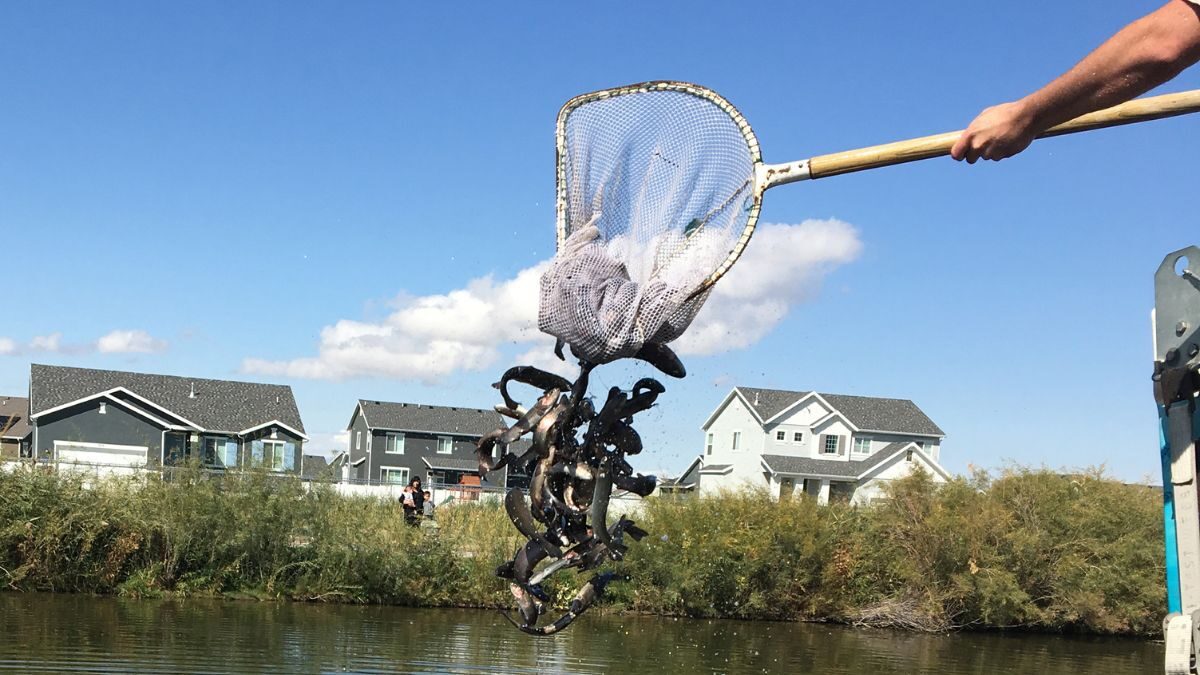
Several new wildlife management laws are set to go into effect this spring and summer. Photo: Mark Hadley
SALT LAKE CITY — Several bills related to wildlife management were passed during the 2023 legislative session and signed into law earlier this month.
According to the Utah Department of Wildlife Resources, Utahns should take note of the following bills will take effect this spring and summer.
SB 2 New Fiscal Year Supplemental Appropriations Act
This funding appropriation dedicated 56.8 million to rebuild the Loa Fish Hatchery, which closed in 2014 after a New Zealand mud snail infestation.
Due to the age of the original hatchery, which was built in 1936, removing the snails was not an effective option and the hatchery was closed to avoid further spread of the invasive species.
Before its closure, the Loa Fish Hatchery was able to produce the most trout out of any of Utah’s 13 fish hatcheries.
“Reconstruction of Utah’s Loa Fish Hatchery will help provide the additional fish-rearing space needed to redistribute production, improve hatchery fish-rearing conditions and meet the annual angling demands for healthy, stockable fish,” said Roger Mellethin, DWR fish culture coordinator. “A rebuild on the same site will allow us to take advantage of the area’s remarkable local springs and build a cost-effective, secure hatchery that produces 350,000 pounds of fish annually, while returning clean water to the nearby Fremont River.”
SB 112 Aquatic Invasive Species Amendments
This bill makes administrative updates to boating fees in Utah, and requires that boat owners pay their registration fee through the Utah Division of Motor Vehicles separately from their aquatic invasive species fee. This will result in two separate proof-of-registration stickers.
SB 112 also requires that Utah boaters take an annual quagga mussel awareness course that previously only non-resident boaters had to take.
This law will go into effect on July 1.
HB 237 Hunting Mentor Amendments
This law goes into effect on May 3, and allows an individual who is being mentored by an immediate family member on a limited-entry or once-in-a-lifetime hunt to continue to take advantage of that hunting permit even if their mentor dies prior to the hunt.
HB 341 Electronic Stamp Designation
This law requires anyone hunting waterfowl in Utah to have a Harvest Information Program number in addition to a hunting license. Those 16 or older are also required to have a federal duck stamp. HB 341 allows the DWR to sell duck stamps online at the DWR website for a fee of $30.
HB 469 Wildlife Related Amendments
HB 469 goes into effect on May 3, and according to the DWR, makes the following wildlife-related changes:
Cougar hunting: Allows year-round hunting of cougars with just a hunting or combination license and also now allows trapping of cougars. Cougars will still be designated as protected wildlife and will still need to be checked in at a DWR office so biologists can monitor harvest rates and determine the effects of this new hunting strategy.
Trail camera use: Prohibits the use of trail cameras on public lands from July 31 through Dec. 31. There are exceptions for the DWR and its partners for monitoring or research, land-management agencies that are conducting their regular duties, agricultural operators who are monitoring livestock depredation, or municipalities enrolled in the urban deer program. This new rule allows the use of non-live transmitting trail cameras for hunting on private properties.
Hunting with air rifles: Allows hunters to use air rifles to harvest turkeys during the fall hunts and also cottontail rabbits and snowshoe hares. The air rifle must be pressurized at a minimum of 2,000 pounds per square inch from an external high-compression device or source.
Regulating hunting guides: Clarifies when the Division of Professional Licensing is to refuse to issue, refuse to renew, or revoke a registration related to hunting guides and outfitters. It also specifies that DOPL must inform the DWR when a license has been revoked.
CWMU rule changes: Updates the rules for Cooperative Wildlife Management Units.
Wildlife Land and Water Acquisition Program: Creates a program and provides $1 million in funding annually so the DWR may lease or acquire land or water assets that will be used to protect and enhance wildlife populations; provide the public the opportunity to hunt, trap or fish; and to conserve, protect and enhance wildlife habitat.
Fee increases: Increases the non-resident application fee by $1 and also increases the Dedicated Hunter buyout hours to $40 per hour.
SB 8 State agency fees and internal service fund rate authorization and appropriations
This new law implements the fee increase for hunting and fishing licenses and permits approved by the Utah Wildlife Board in August 2022. These license and permit fees fund the daily operations of the DWR, which is 92% self-funded. The last notable fee increase for resident licenses was in 2014, and in 2020 for non-residents.
This law will go into effect on July 1.
















